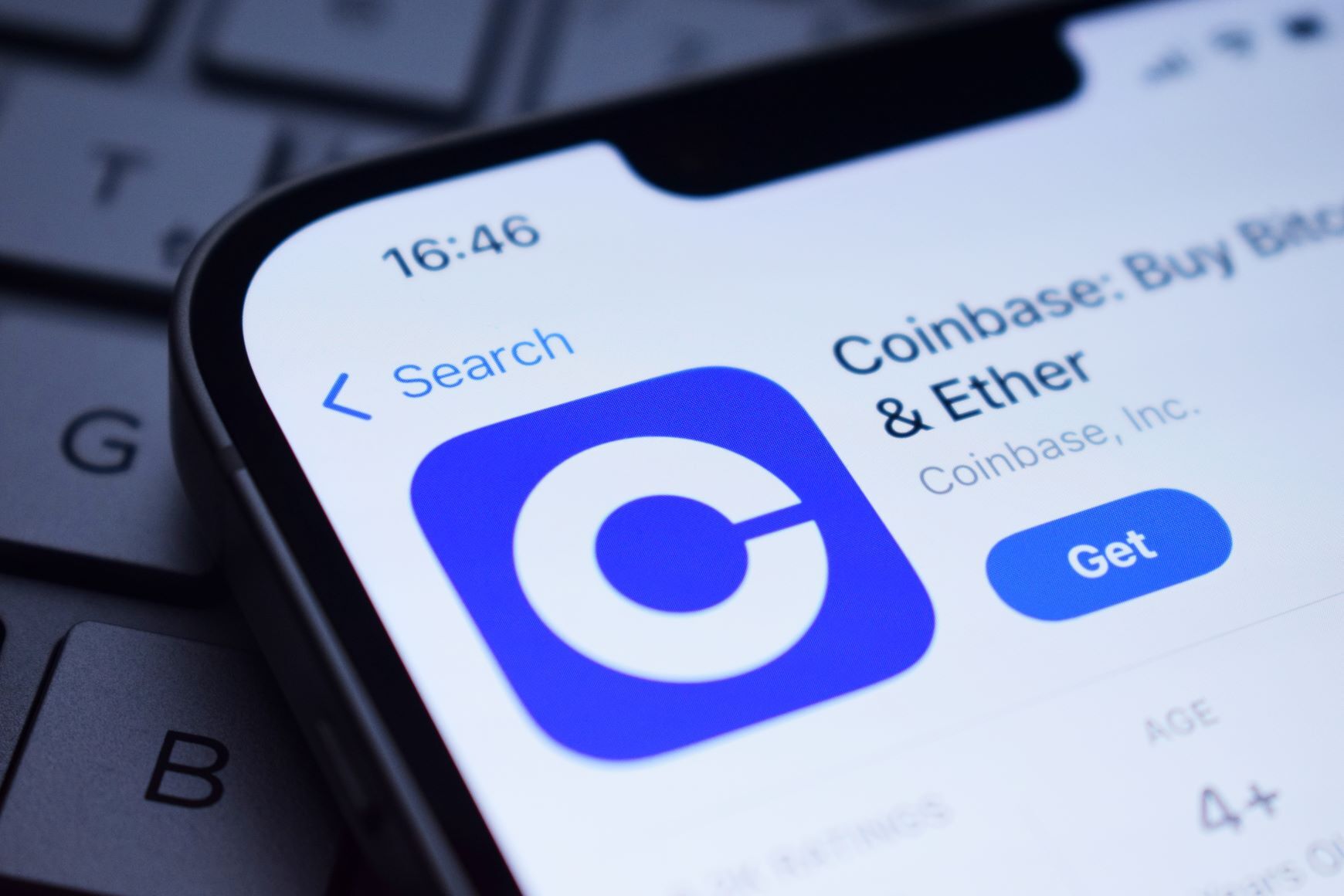Cyberattacks targeting cryptocurrency exchanges were on a roll in 2021 and have continued into 2022. Chainalysis reported that approximately $2.2 billion was outright stolen from decentralized finance (DeFi) platforms in 2021.
SecureWorld News recently reported on an attack that resulted in an $80 million loss for DeFi platform Qubit Finance.
Attacks like this seem to be happening almost daily, and as it turns out, North Korea could be one of the many threat actors behind these attacks.
A report from the United Nations alleges the country is stealing hundreds of millions of dollars from financial institutions and crypto exchanges to fund its nuclear and missile programs.
A panel of cyber experts said that North Korean "cyber-actors stole more than $50 million between 2020 and mid-2021 from at least three cryptocurrency exchanges in North America, Europe, and Asia, probably reflecting a shift to diversify its cybercrime operations."
The panel also said one cybersecurity firm anonymously reported that North Korean "cyber-actors stole a total of $400 million worth of cryptocurrency through seven intrusions into cryptocurrency exchanges and investment firms."
Just one year ago, the same panel quoted an unidentified country as saying that North Korea's total theft of virtual assets was valued at approximately $316.4 million.
So what are the most common tactics threat actors from North Korea use?
The panel says these cyberattacks "made use of phishing lures, code exploits, malware, and advanced social engineering to siphon funds out of these organizations' internet-connected 'hot' wallets into DPRK-controlled addresses." The DPRK being the Democratic People's Republic of North Korea.
But what is most concerning about these cybercrimes is what the stolen funds are being used for: the further development of the country's nuclear and ballistic missile programs.
The U.N. says it has noticed "a marked acceleration" of missile launches throughout January 2022 that utilized a wide variety of technology and weapons. The U.N discussed:
"Although no nuclear tests or launches of ICBMs were reported, DPRK continued to develop its capability for production of nuclear fissile materials. Those fissile materials—uranium or plutonium—are crucial for a nuclear reaction."
Subscribe to SecureWorld News for updates on the developing situation with North Korea, as well as other cybersecurity related news.





